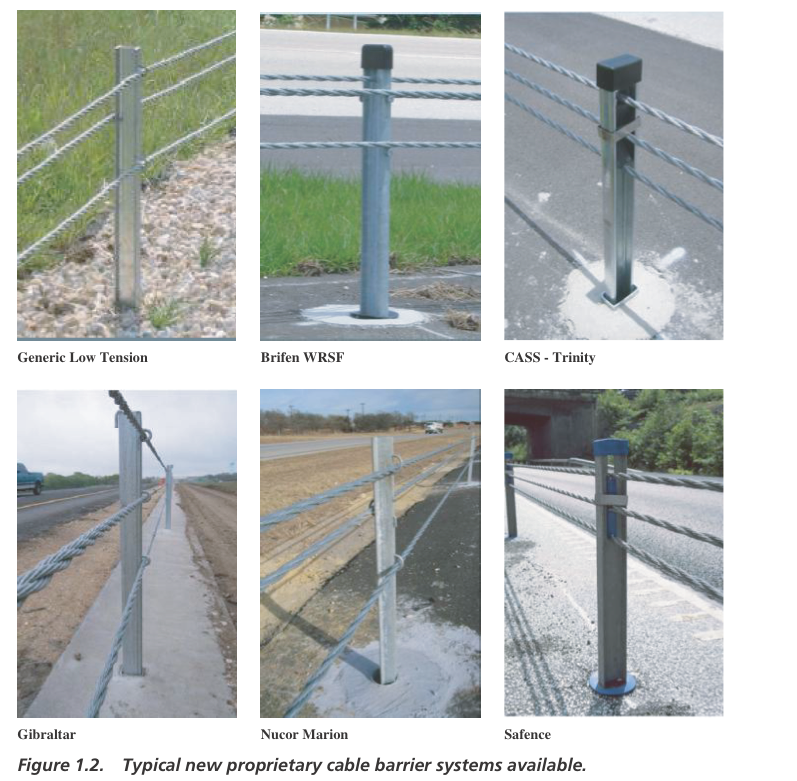
NATIONAL COOPERATIVE HIGHWAY RESEARCH PROGRAM
Cable barriers are longitudinal roadside devices used to contain and/or redirect errant vehicles that depart the roadways. These barriers gradually redirect or arrest an impacting vehicle by stretching of the cables, minimizing forces on the vehicle and its occupants. While cable barriers have been used on U.S. highways for more than 60 years, their use has been on the rise and is expected to increase in the future.













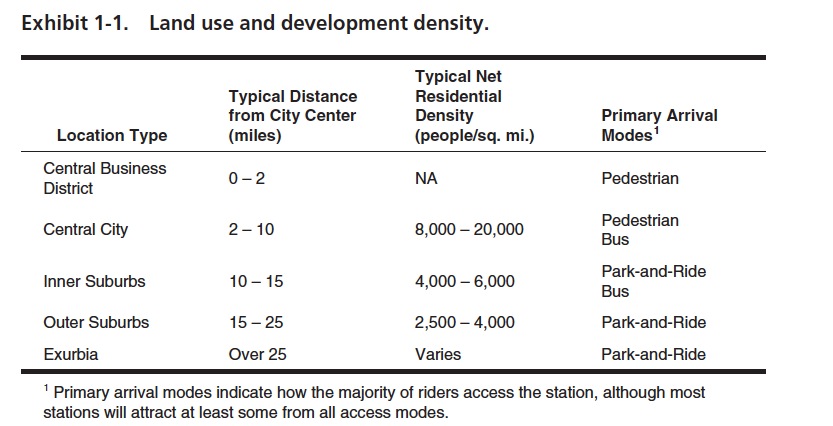
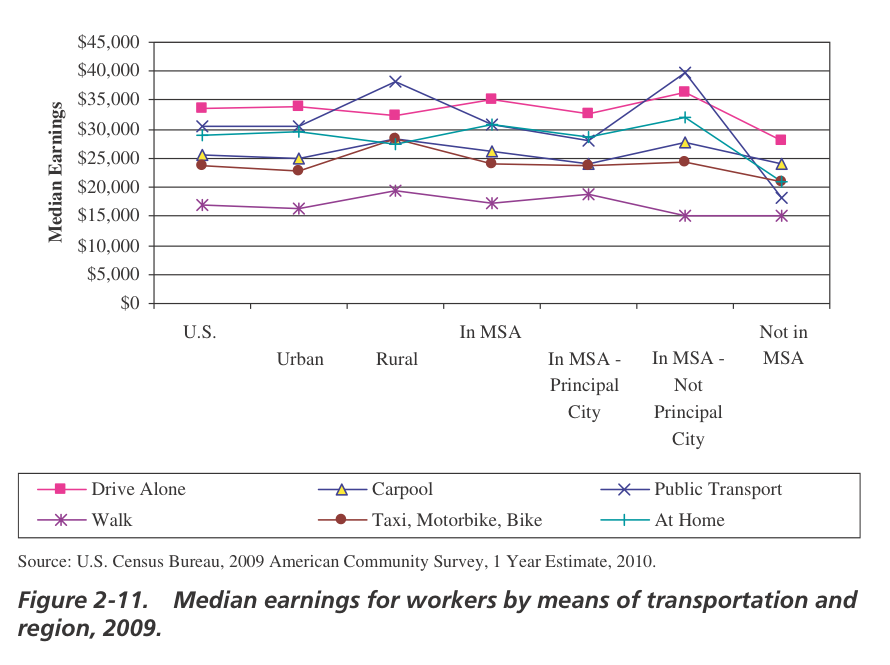
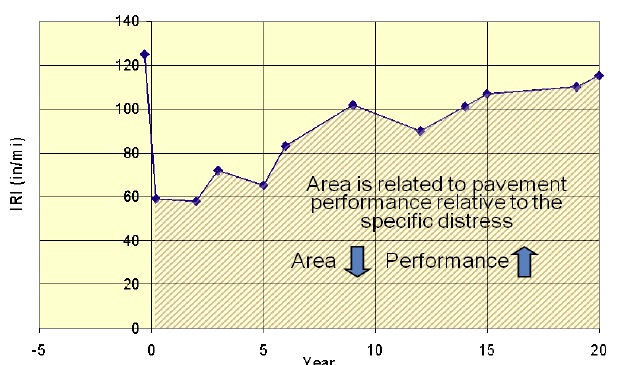
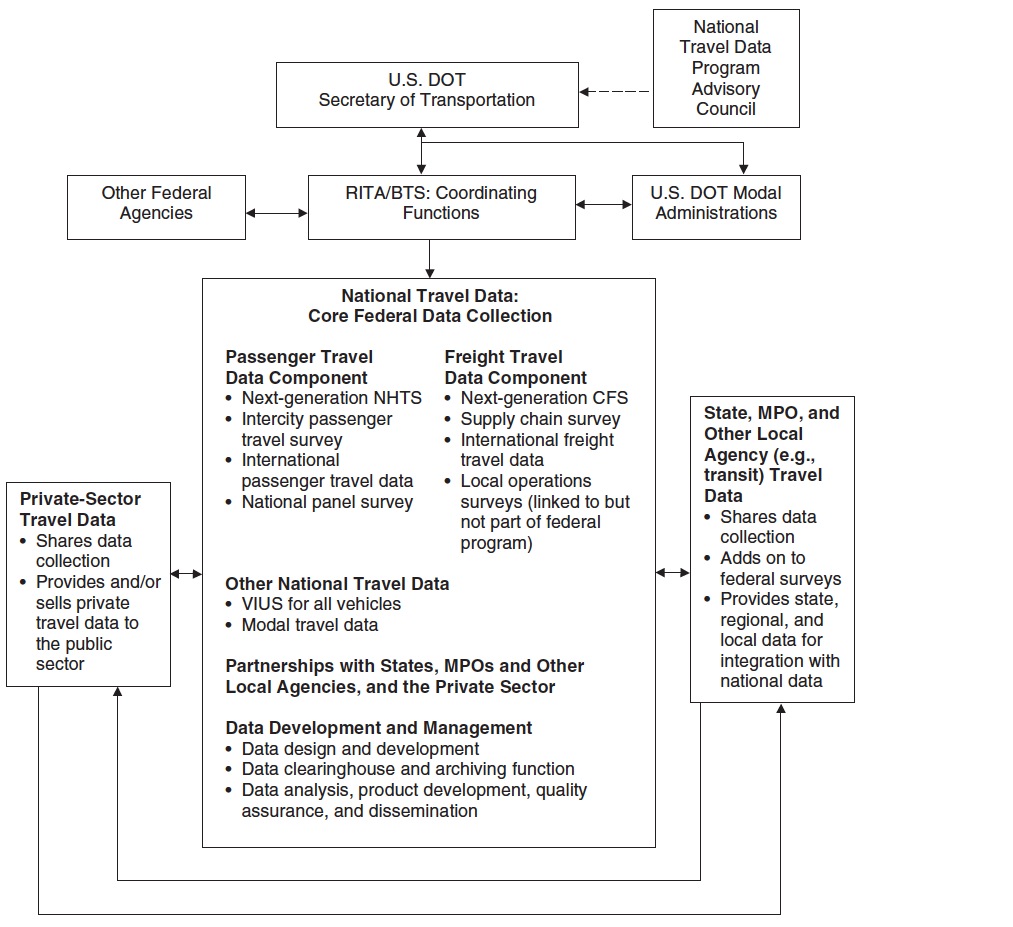

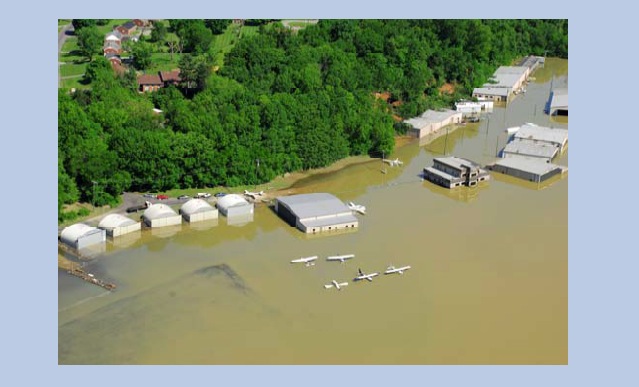
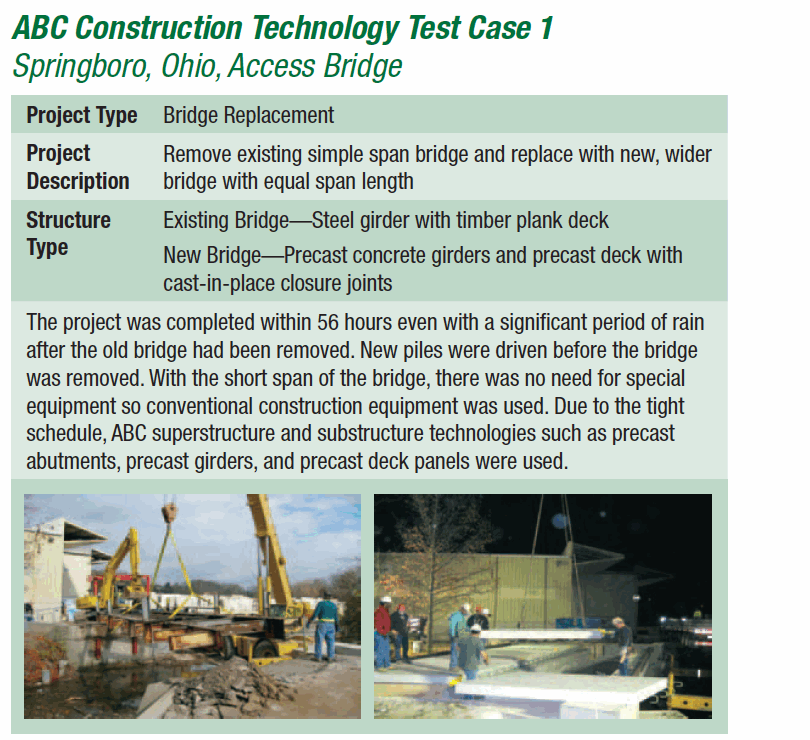
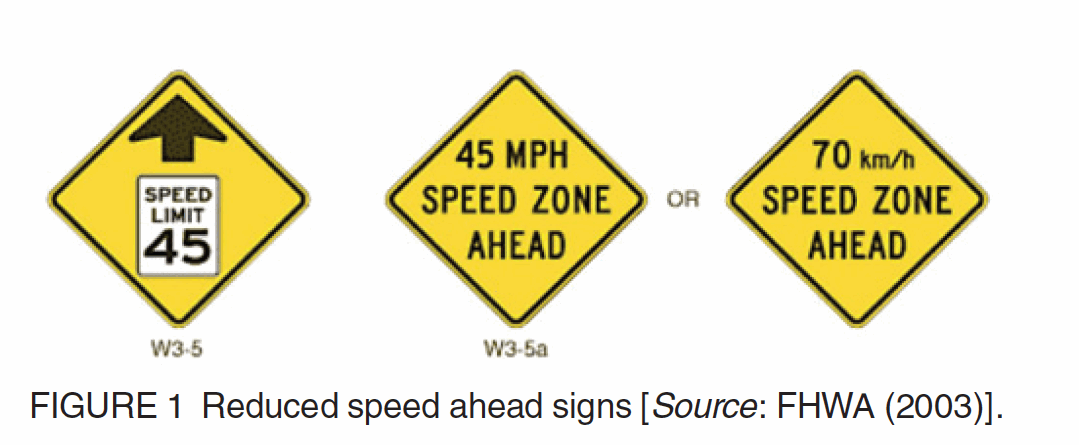

 RSS Feed
RSS Feed